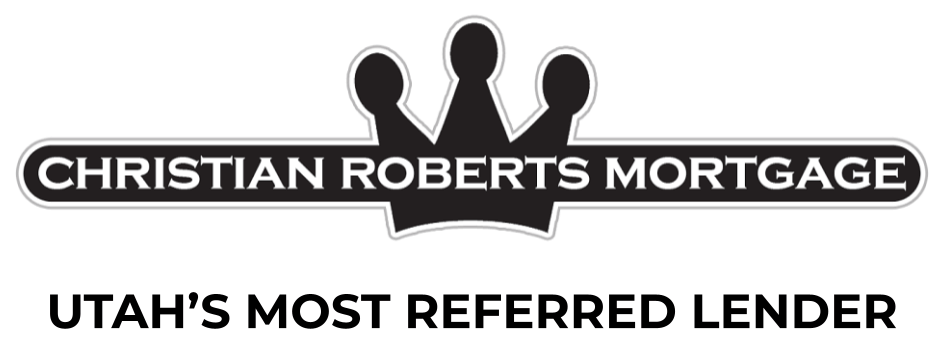
When it comes to buying a home, traditional financing options like Conventional, FHA, or VA loans are often the go-to choices for many aspiring homeowners. However, there's an alternative approach known as a Shared Equity Agreement (SEA) that some might consider. This article will briefly explain what a Shared Equity Agreement is and why traditional financing options are generally a better choice for most homeowners.
What is a Shared Equity Agreement?
A Shared Equity Agreement (SEA) is a type of financial partnership between a homeowner and an investor. In this arrangement, the investor provides part of the money needed to buy the home. In return, the investor gets a share of the future value of the property when it's sold. Essentially, it's a joint investment in the property where both the homeowner and the investor benefit from any increase in the home's value over time.
How Does a Shared Equity Agreement Work?
Here's a simple breakdown of how an SEA works:
- Investment: The investor provides a portion of the money needed for the down payment or purchase price.
- Ownership: The homeowner lives in and maintains the property.
- Profit Sharing: When the home is sold, the investor receives a percentage of the sale price based on their initial investment.
Comparing SEAs to Traditional Financing Options
While SEAs offer a unique approach to homeownership, traditional financing options like Conventional, FHA, or VA loans are often better choices for several reasons.
Conventional Loans
- Lower Costs: Conventional loans often come with lower overall costs compared to SEAs. Homeowners pay interest but keep full ownership of any appreciation.
- Stability: Fixed-rate conventional loans provide predictable monthly payments, helping homeowners plan their finances more effectively.
FHA Loans
- Accessibility: FHA loans are designed to help first-time homebuyers and those with lower credit scores. They have more flexible qualification criteria compared to SEAs.
- Lower Down Payments: FHA loans require lower down payments, making homeownership more accessible without needing an investor's help.
VA Loans
- No Down Payment: VA loans offer the benefit of no down payment for eligible veterans, making them an excellent choice for those who qualify.
- Competitive Interest Rates: VA loans typically come with lower interest rates, reducing the long-term cost of homeownership.
Why Traditional Financing is Often Better
Full Ownership: With traditional loans, homeowners retain full ownership of their home and all of its future value appreciation.
Lower Long-Term Costs: Even with interest payments, traditional loans usually result in lower long-term costs compared to sharing the profit with an investor.
Stability and Predictability: Fixed-rate mortgages provide stable, predictable monthly payments, allowing for better financial planning.
Conclusion
While Shared Equity Agreements offer an alternative path to homeownership by partnering with an investor, traditional financing options like Conventional, FHA, and VA loans generally provide better financial stability and ownership benefits. By choosing a traditional loan, homeowners can enjoy the full appreciation of their property's value, lower long-term costs, and more predictable financial planning.
Ready to secure your dream home?
Explore traditional financing options today and enjoy full ownership benefits. Contact us now to get started!

